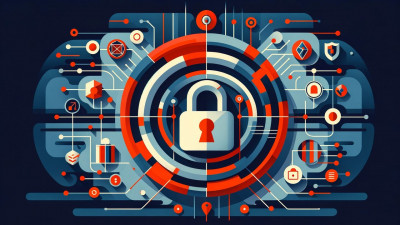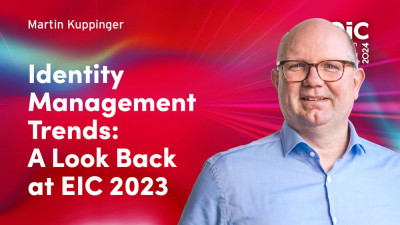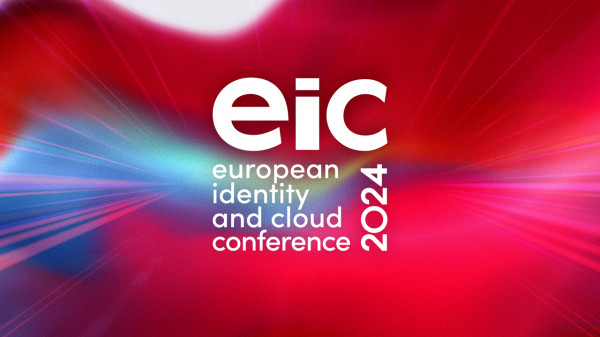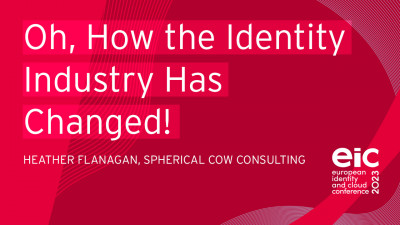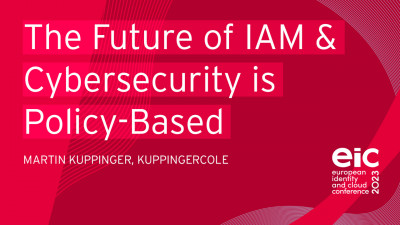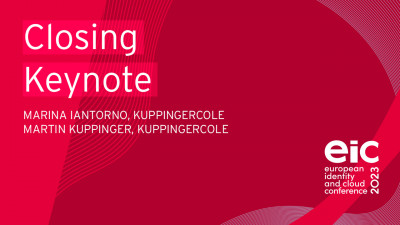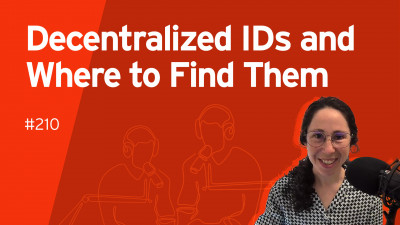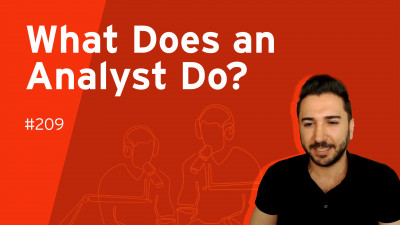1 Introduction
As eventually happens with all innovative technologies, Blockchain and other Distributed Ledger Technologies (DLT) are, in general, past the first hype now. While it would be incorrect to speak of a phase of disillusion, there is a shift from overhyping scenarios to understanding and realizing the potential of these technologies to better solve real-world challenges. That shift goes together with slower progress, moving from paper concepts and prototypes to concrete services.
Among the appealing areas for using DLT to better solve real world-challenges is what commonly is referred to as “Blockchain ID” or “Blockchain Identity”. That term spans a variety of use cases, including verification, KYC (Know Your Customer), and authentication.
Today, there are three major “identity challenges” that lack good solutions:
- Identification & verification: Identification as the initial step to associating a digital identity with a person and verification as the initial step before onboarding such identity to a service count among the central challenges in Identity Management. Whether it is Online Banking, eCommerce, or eGovernment, identification and verification are the costly (for the business or government) and cumbersome (for the individual) challenges to solve. Blockchain ID approaches can help improving regulatory KYC processes and similar processes in other areas by delivering trustworthy, reusable proof after the individual has undergone that process once.
- Universal IDs: There is still no such thing as a universal ID. Everyone must still maintain and use a variety for IDs for his personal and business life, and many of these IDs are only protected by username/password authentication. Blockchain ID potentially enables mapping various identifiers and authenticators to a single ID that can be used with a multitude of services, all trustworthy due to the use of secure, distributed ledger technology.
- Ownership & control of personal data: Individuals still lack control of their personal data. Once they share such data with a 3rd party such as, e.g., a retailer or a social network, they lose control over that data. Again, Blockchain ID concepts promise to better protect such information, by, e.g., applying smart contracts or other ways of restricting the use of such information to defined relationships between individuals and other parties.
The evolution of Blockchain ID is characterized by a shift from the idea of storing data about individuals in the distributed ledger or “on the chain” to just maintaining bidirectional relationships on that ledger. The trust is established and information about that trust is held on the Blockchain. It serves as a distributed storage for pseudonymized relationships and public keys. The main concept used here is the one of DIDs (Decentralized IDs), which are URLs that relate a DID subject (e.g. an individual) to DID documents, which contain at minimum (public) cryptographic material, information about authenticators, and service endpoint information for the interaction between the DID subject and the service. DIDs are specified in draft status by W3C. Storing private data on the ledger itself would cause major issues with regulatory requirements such as the right to be forgotten, but also with regard to the size and performance of distributed ledgers.
This approach enables what is named Self Sovereign Identity, i.e. identity and related data that remains under control of the data subject, not the service that is accessed.
Blockchain ID approaches today typically build on a combination of information held in the distributed ledger – commonly a blockchain – and personal information of the individual held in a wallet on his or her device.
Blockchain ID based approaches are still in their early stages and maturing. However, with the progress shown over the past several months, we observe an increasing number of offerings that help solving some of the major identity challenges by making well-thought-out use of the blockchain potential and promise.
1Kosmos, with their BlockID service, is one of these vendors that have started to realize the potential of Blockchain ID in real-world solutions, solving challenges that haven’t been solved well yet. They focus on all three of the identity challenges listed above.
















